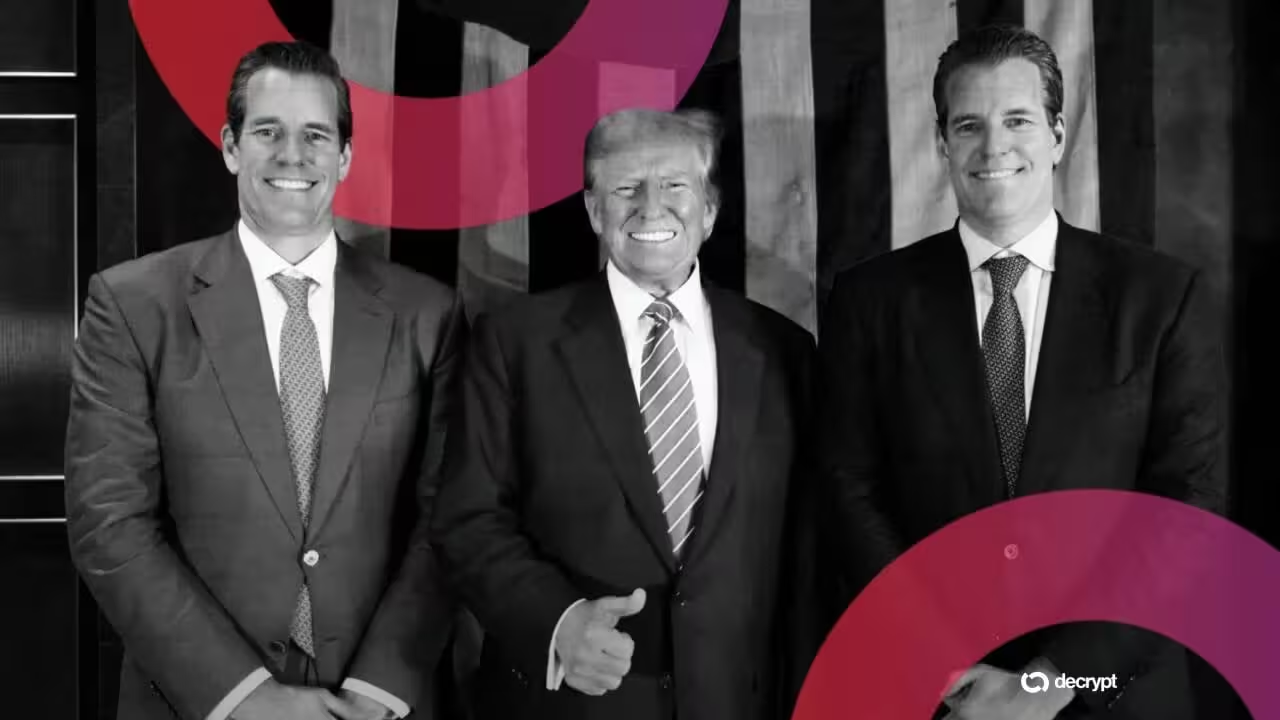5 Minutes
CFTC pushes crypto rules forward despite chair vacancy
The Commodity Futures Trading Commission (CFTC) is moving ahead with significant steps to integrate spot cryptocurrency trading into regulated markets even as the agency operates without a permanent chair. The White House has paused consideration of Brian Quintenz’s nomination amid public scrutiny and private lobbying, leaving Acting Chair Caroline Pham to lead an agency that is already taking concrete action on Bitcoin, Ether and other digital assets.
Why the nomination stalled
Quintenz’s nomination to lead the five-member commission encountered delays after reports that Gemini co-founders Tyler and Cameron Winklevoss privately urged the White House to rethink the pick. Media outlets later reported the brothers expressed concern that Quintenz would not fully support the administration’s crypto priorities. Those developments prompted the White House to ask the Senate Agriculture Committee to delay a scheduled confirmation vote. Quintenz has suggested on social media that the president may have received misleading information, and public attention has intensified due in part to allegations tied to Kalshi, a prediction market platform under regulatory scrutiny.
What this means for CFTC leadership
With only two commissioners active on the five-person panel, the commission is functioning with constrained capacity. Officials close to the process say the White House has not formally withdrawn Quintenz’s name but is vetting other candidates. Industry groups warn that prolonged uncertainty about the permanent chair could slow implementation of a coherent crypto regulatory framework at a time when demand for oversight of digital assets is rising.
Agency initiatives: Opening exchanges to spot trading
Acting Chair Caroline Pham has outlined a plan to allow spot cryptocurrency listings on exchanges already registered with the CFTC. Under the proposal, Designated Contract Markets (DCMs) that currently facilitate futures trading could also list spot products such as spot Bitcoin and spot Ether. The move was presented as an initial phase of the agency’s so-called “crypto sprint,” aimed at modernizing CFTC oversight and narrowing regulatory gaps for digital assets.
Coordination with the SEC and legislative context
The push comes amid broader policy conversations in Washington. Congress is considering the Financial Innovation and Technology for the 21st Century Act, which could clarify or expand the CFTC’s authority over certain digital assets. Simultaneously, revisions to the Responsible Financial Innovation Act propose creating a joint advisory committee on digital assets, with explicit safeguards for developers and participants in decentralized finance (DeFi).

Market surveillance and enforcement upgrades
To prepare for expanded crypto oversight, the CFTC has upgraded its market surveillance capabilities, adopting Nasdaq’s monitoring platform to better detect manipulation and fraud across derivatives and spot markets. Enhanced surveillance tools are intended to support market integrity as exchanges explore listing spot crypto products and as institutional and retail participation in cryptocurrencies grows.
SEC coordination and a joint message
Regulatory coordination has accelerated: the CFTC and the Securities and Exchange Commission (SEC) issued a joint statement confirming that registered exchanges may facilitate spot crypto trading, provided they meet applicable rules. This cooperation aims to reduce regulatory friction and help clarify which platforms and products fall under CFTC versus SEC authority, an especially important distinction for token classification and custody rules.
Implications for exchanges, traders and developers
Allowing DCMs to offer spot Bitcoin and Ether could expand access to regulated on-ramps for institutional investors and provide clearer compliance paths for exchanges. Market participants and compliance teams will be watching for how the CFTC applies surveillance, reporting and market manipulation standards to spot products. At the same time, blockchain developers, DeFi projects and decentralized application teams are closely following legislative drafts that would add protections and technical clarity for decentralized protocols and smart contract creators.
Outlook and next steps
While the leadership question remains unresolved, the CFTC has signaled an intent to operationalize robust oversight for cryptocurrencies. The White House’s vetting of alternatives to Quintenz and the ongoing congressional work on digital-asset legislation will influence the agency’s long-term posture. In the near term, industry participants should expect continued close coordination between the CFTC and SEC, enhanced market surveillance by regulated exchanges, and incremental policy changes aimed at integrating spot crypto trading into the regulated U.S. financial system.
For stakeholders in crypto markets — from exchanges and institutional traders to DeFi developers and retail investors — the coming months may bring significant regulatory updates. The way the CFTC balances innovation, market integrity and investor protection while operating under temporary leadership will likely shape the pace and substance of U.S. crypto regulation for the foreseeable future.
Source: cryptonews


Leave a Comment